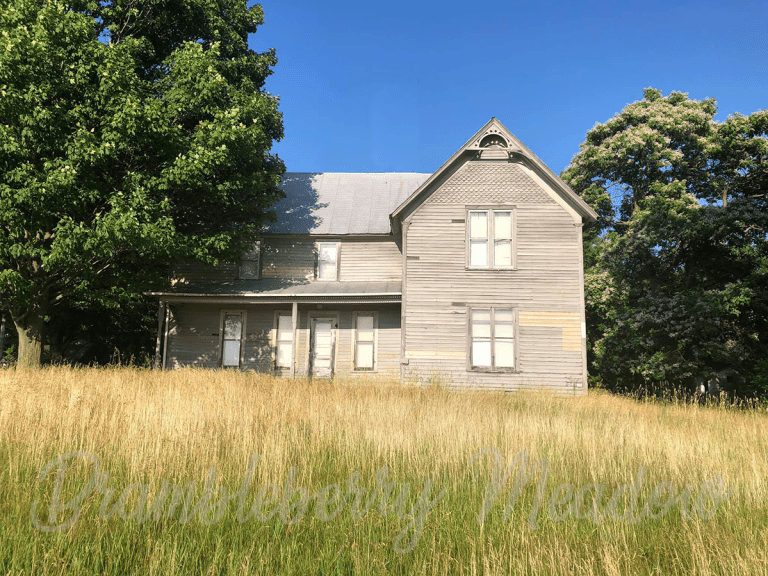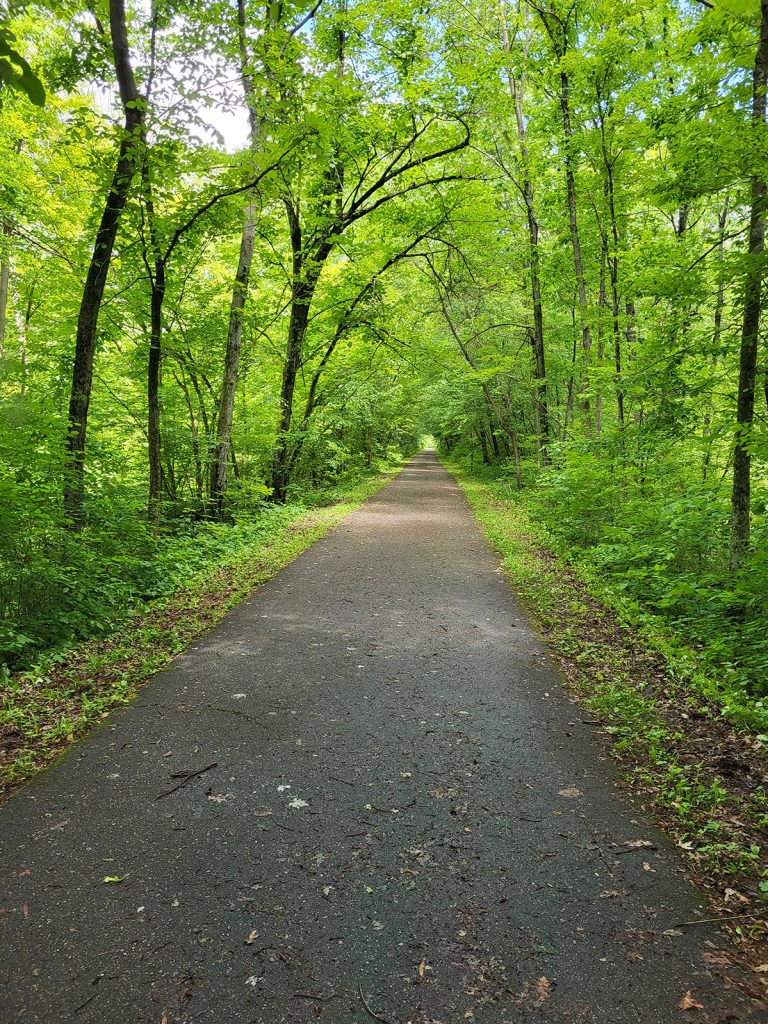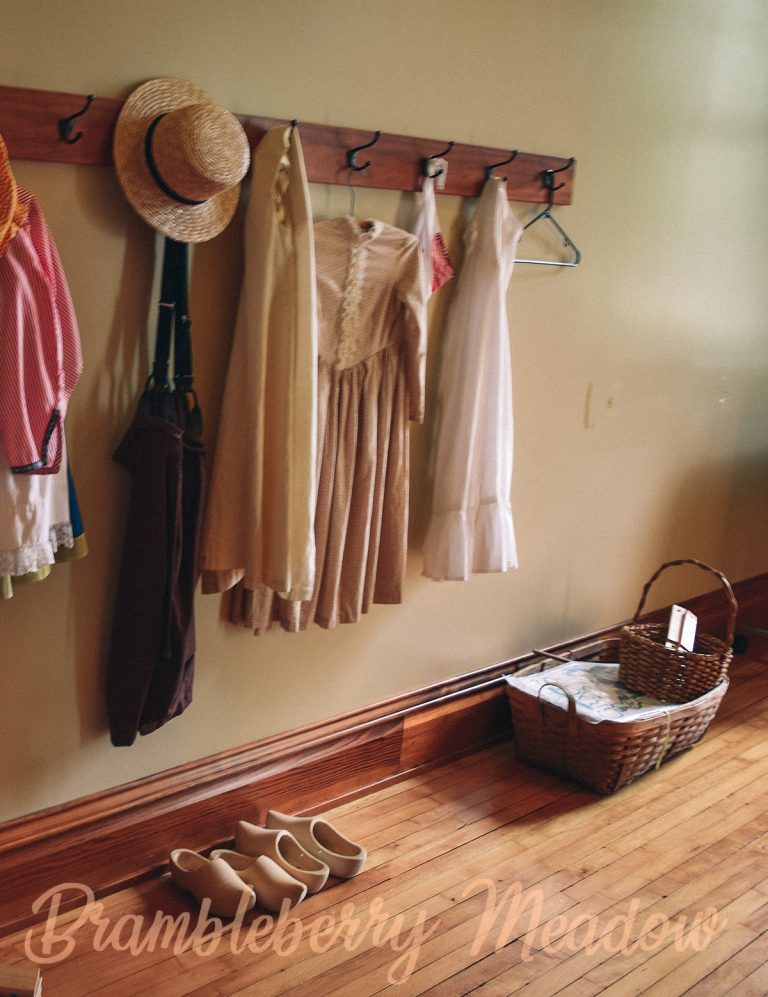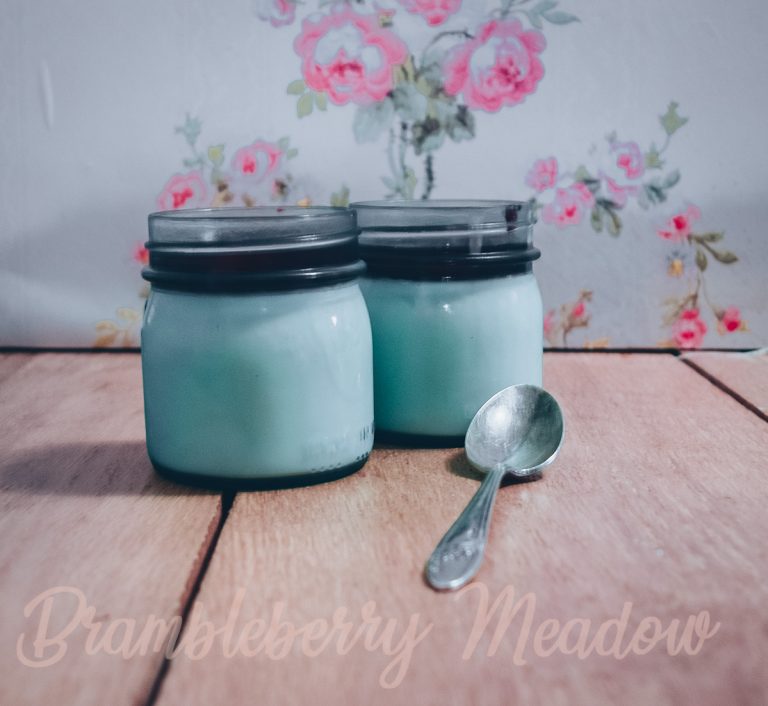The River Flows Home
What does “home” mean? Ask a dozen different people, and you’ll get a dozen different answers. At least half of which will come from some meme. “Home is where the heart is,” “Home is wherever YOU are,” and so on. While the sentiment is sweet, and for some is, indeed, a way of life, it ignores the sheer power of place.
We live in a culture that is largely uprooted from place. The all-American tale is that of the all-American boy or girl who leaves Smallville to make it in the big city. Everything about the tales we tell in the popular culture glorifies leaving that small, confining place.
And so this rootless, homeless culture floats on top of everything, like an oil slick on the surface of a river. It covers everything, obscuring the depths. But it isn’t part of the river.
The river, on the other hand, goes all the way down. It flows over every rock and rill, with a caress of recognition. The river is intimately a part of its place. It knows its course, even if it indulges in an occasional meander or overflowing of its banks. The landscape and the river relate to each other in both geological and philosophical ways. Water seeks its own level, flowing across the landscape and ever on to the sea. A pilgrim on the way, the river understands that this place is its temporary home, as it journeys ever toward its eternal home.
The oil slick may be beautiful to look at, fascinating with its corruscating colors. But it is not, and it cannot be, part of the river. Or part of this place. Instead, it is poison, corrupting the river, riverbanks, and everything around it.
Quiet and deep, the river rolls on. It will outlast the oil slick. It will continue to connect the places where it flows to the eternal sea.
You’ve heard the phrase, “Be like water?” Be like the river. Let your own place shape you. You will change it. It will change you. But neither can be itself without the other.






